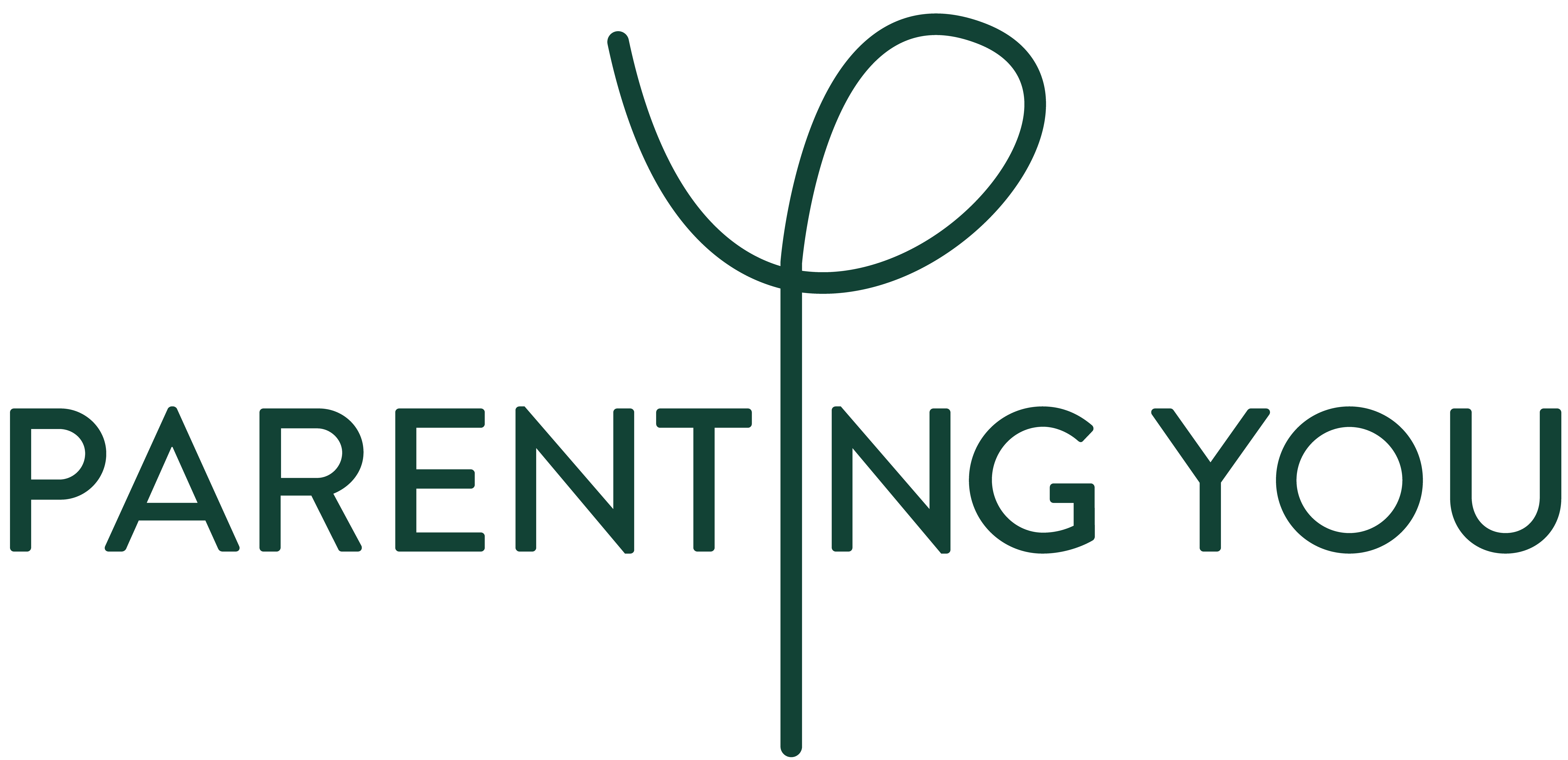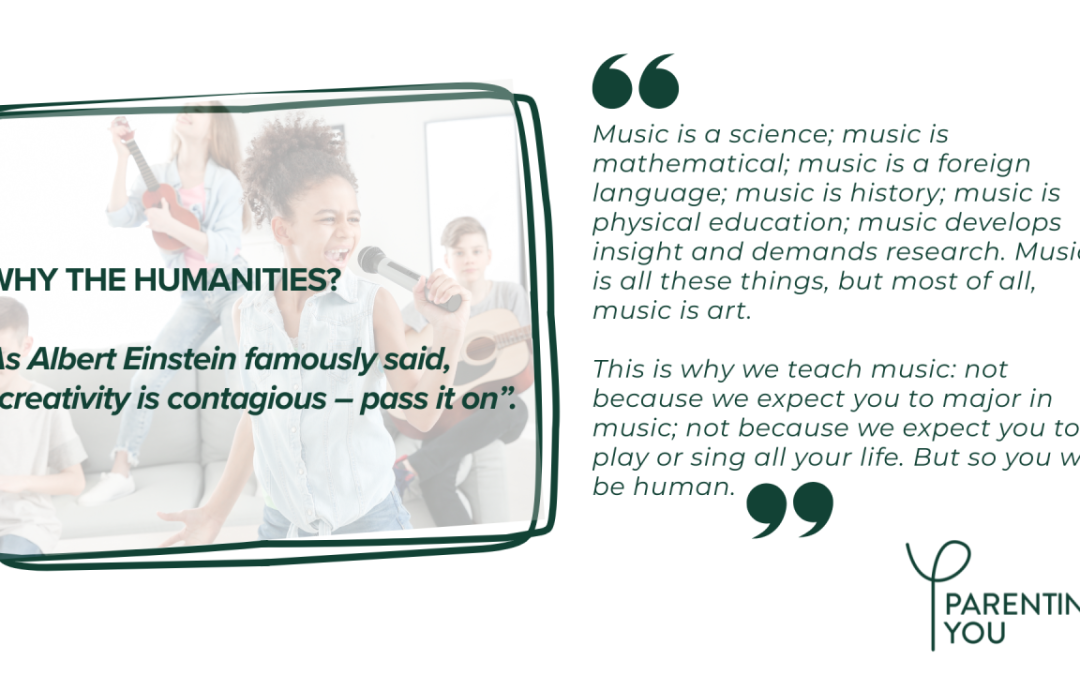As a headmaster and a teacher and a father (my own daughters both inclined to the arts in one way or another), one of the most common questions I was asked, most often from parents of pupils who had chosen to take art or music or any humanities subject, was: “my child is not going to be an artist, musician what will s/he do with this?” (This is, of course, not only a question about humanities subjects, it is, more generally, about the role of secondary education in the future life of a child.)
However, the art / music question is a valid one, although one could quite possibly ask the same of subjects such as mathematics or economics. ( I still delight in knowing every formula for electricity which was, at that stage, required by a matric student. But, astonishingly, I have had absolutely no occasion to use even one; nor the Calvin cycle which I burned into my memory with brands that I will take to the grave. That too has been of surprisingly little help in all my many years after school). Few students spend their careers solving quadratic equations or building Hadron Colliders or launching satellites – and if this is something they are going to do, they are probably not relying entirely on their Grade 12 Science or Maths syllabi. In fact, very few school subjects qualify pupils to “do” anything. It encourages young adults to “become”; to develop the skills and interests that will enable learning, not pass a certifying professional board exam.
Whatever our subjects at school, very few of us use the content of our school curriculum in our daily lives. We do, however, make endless use of the skills and the habits of mind we wrestle with during our primary and secondary and even tertiary education. It is for this reason, perhaps, that parents are willing to invest a vast number of resources in an education that has much less to do with content and much more to do with developing the skills and habits and curiosities that will stay with pupils until the end of their lives. As Albert Einstein famously said, “creativity is contagious – pass it on”.
There is a Spanish word “duende” – that nebulous, indefinable energy that those with creative power, those who make art (in its broadest sense) are able to move deeply and profoundly a person or a community. It suggests something of the role that artists play in our communities, and in the world: to interpret and mediate, to encourage reflectiveness and the examination or the articulation of identity, and to create opportunities for empathy.
Nuanced and layered, art and music not only stimulate the creativity of any who are open to its power, but make us better, more productive, more courageous, allow us to think more deeply and be more engaged. It is part of the journey that every student and every learning institution is on, to a greater or lesser extent and is part of the ongoing process of becoming.
I am still not sure how to answer the question, “what will s/he do with music and art?” I do know however, that we as a community would be reduced without “it” and individuals would be diminished as human beings not to have the opportunity to embrace “it”.
There was an interesting and beautiful quote I came across somewhere by Yuko Honda which I recorded for reference and while the quote is about music, it is surely true for all humanities subjects.
Why Music?
Music is a science; music is mathematical; music is a foreign language; music is history; music is physical education; music develops insight and demands research. Music is all these things, but most of all, music is art.
This is why we teach music: not because we expect you to major in music; not because we expect you to play or sing all your life. But so you will be human. So you will recognise beauty; so you will be closer to the infinite beyond this world; so you will have something to cling to; so you will have; more love, more compassion, more gentleness, more good. In short, more LIFE.
#ParentingTeens #TeenSubjectChoice #EducationMatters #RaisingTeens #HighSchoolYears #AskMarcFalconer

